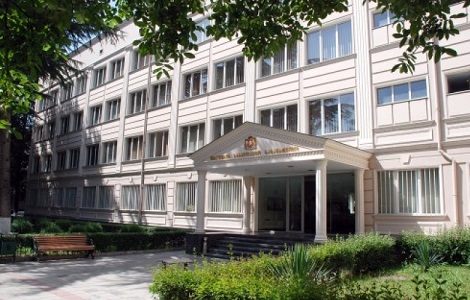Two declared innocent after 11 years in prison

Two men who had spent 11 years in prison after being found guilty in a notorious murder case under previous state leadership have been released today.
Georgia’s Court of Appeals announced the prisoners had been unfairly imprisoned and the pair walked free from the court hall earlier this morning.
The released men are Giorgi Gvichiani and Nika Chemia – both wrongly prosecuted in 2006 for the murder of Telasi Financial Director Nikoloz Lominadze, who was killed in 2002.
Telasi is a Tbilisi-based supplier of electricity.
Four years after the murder, Gvichiani and Chemia were accused, convicted and sentenced to life imprisonment. Their sentences were later commuted to 15 years.
After the announcement of the verdict Gvichiani made a short comment for the press.
He said he had been arrested in 2006 in order to overshadow another high-profile murder case – the Sandro Girgvliani case. He added that his detention was in the interest of high-placed officials in the administration of the time. He did not mention individuals in particular but promised to release a further statement later on.
The Court of Appeals re-examined the sentences handed down in the case after the Chief Prosecutor’s Office requested the court to do so in November of 2016.
At that time the Prosecutor’s Office said that they had carried out a "comprehensive investigation” over the case and obtained "strong evidence” that the people sentenced for the crime were innocent.
"Murdering Lominadze with a silenced Makarov pistol was taken as irrefutable evidence by the court when sentencing the people, while the investigation conducted by us excluded the possibility of the crime being committed by such a weapon”, the Prosecutor’s Office said two months ago.
The Prosecutor’s Office added that "high-ranking officials were interested in the quick opening of the case” and a series of "fabricated pieces of evidence” were invented to ensure a guilty verdict.
 Tweet
Tweet  Share
Share

